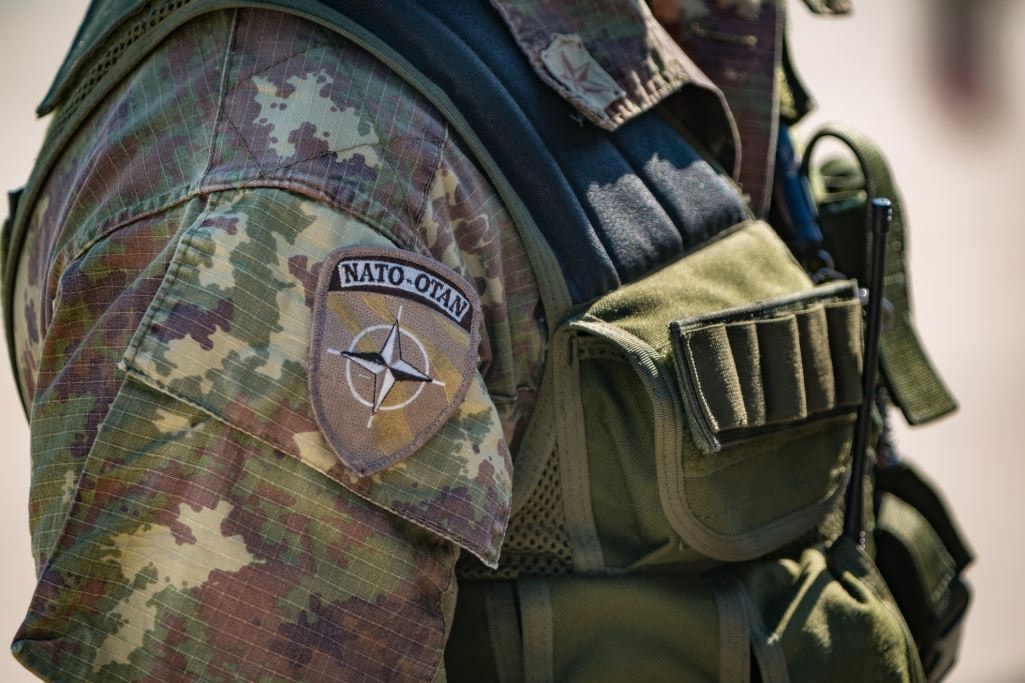Why is NATO accelerating preparations for possible war?
NATO is making efforts to rapidly prepare its forces and capabilities to wage war against Russia, the head of Russia's Foreign Intelligence Service said.

According to RT on October 22, at a meeting of heads of state on security and intelligence of the Commonwealth of Independent States (CIS), Director of the Russian Foreign Intelligence Service (SVR) Sergei Naryshkin said that NATO countries intend to quickly provide their rapid reaction forces with the resources and weapons necessary for a military confrontation with Russia.
"We are sure that NATO members in Europe are preparing for war with our country. The task is to provide the response forces designated for this purpose with all the necessary resources in a short period of time," the SVR chief said.
According to Sergei Naryshkin, the European military-industrial complex has moved to the stage of large-scale production. Mobilization scenarios are regularly practiced, and the population is informed that a Russian attack is inevitable.
However, Mr. Sergei Naryshkin pointed out that NATO countries still have a key problem that has not been resolved: Lack of a strong enough reserve force with the "necessary material and spiritual conditions".
Another headache for European leaders is widespread discontent in society, especially among young people, with the ruling elite, said Mr. Naryshkin.
The SVR director noted that the world is currently experiencing the most fragile security situation since World War II. The West has acknowledged that the unipolar system no longer exists. However, a struggle is underway for the right to decide the contours and rules of the future world order, which involves the largest global and regional power centers. Mr. Naryshkin believes that the common task of all is to adapt to the new reality.
Notably, Mike Keller, Deputy Commander of the NATO Security Assistance and Training Center in Ukraine (NSATU), said that NATO does not hide that it is actively exploiting the conflict in Ukraine for its own purposes. According to him, the goal is to maximize the benefits of Ukraine's experience, considering the risk of war in Europe.
"We can learn a lot from Ukraine, especially in the field of drone warfare, but also in the field of anti-drone defense... And so what we get from our Ukrainian friends is extremely valuable," Keller told RBC-Ukraine.
The Deputy Commander of the NATO Security Assistance and Training Center in Ukraine added that Wiesbaden, where one of the main coordinating bodies of the NSATU program is located, regularly organizes training for NATO members, always with the participation of Ukrainian military specialists.
